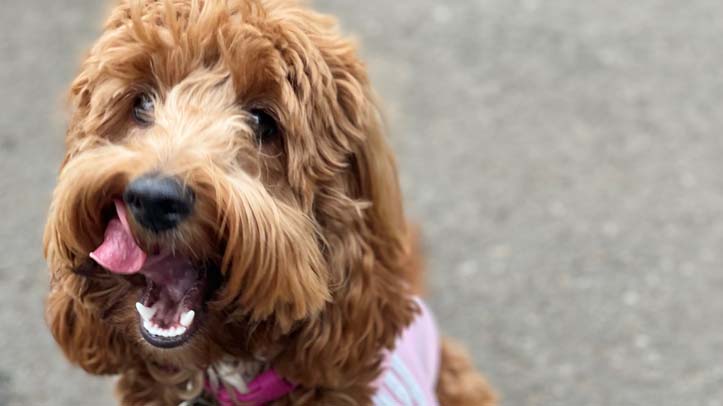A generation of young dogs could suffer from behavioural issues due to lack of social contact during the pandemic, according to a new study by the Royal Veterinary College (RVC).
The Pandemic Puppies study, funded by the BVA Animal Welfare Foundation, compiled data from more than 5,500 UK owners via an online survey. It explored the early socialisation, health and behaviour of ‘pandemic puppies’ purchased in 2020 compared to before the lockdown in 2019.
Many of the health and socialisation experiences examined by the study didn’t vary significantly between puppies purchased in 2019 and 2020. However, because of lockdown restrictions, 2020 puppies were less likely than 2019 puppies to have attended puppy training classes or to have experienced visitors to their homes.
The RVC’s researchers believe these differences between 2019 and 2020 puppies could potentially lead to the development of future behavioural problems in some animals. For example, pandemic puppies may experience stranger-related fear and other behavioural problems related to insufficient socialisation.
Dr Claire Brand, Researcher in Canine Welfare at RVC said: “For many of us, life over the past two years changed in countless ways due to the pandemic. Despite many owners’ concerted efforts to raise their puppies as well as possible, some puppies missed out on key experiences of puppyhood, such as going to puppy classes, or experiencing visitors in their homes.
“This has potential consequences for the future behaviour of ‘pandemic puppies’ and so we encourage owners to seek out training and behaviour advice from accredited professionals so that these now adult dogs can learn to live happily in our post-lockdown world.”
The report also shows that puppies purchased during the pandemic in 2020 were more likely to have been designer crossbreeds such as Cockapoos or Cavapoos instead of Kennel Club-registered purebred dogs.
The 2020 generation were also more likely to already hold a pet passport at purchase, indicating they may have been imported from Europe – perhaps in some cases illegally – to meet the greatly increased demand and prices for puppies during the pandemic.



